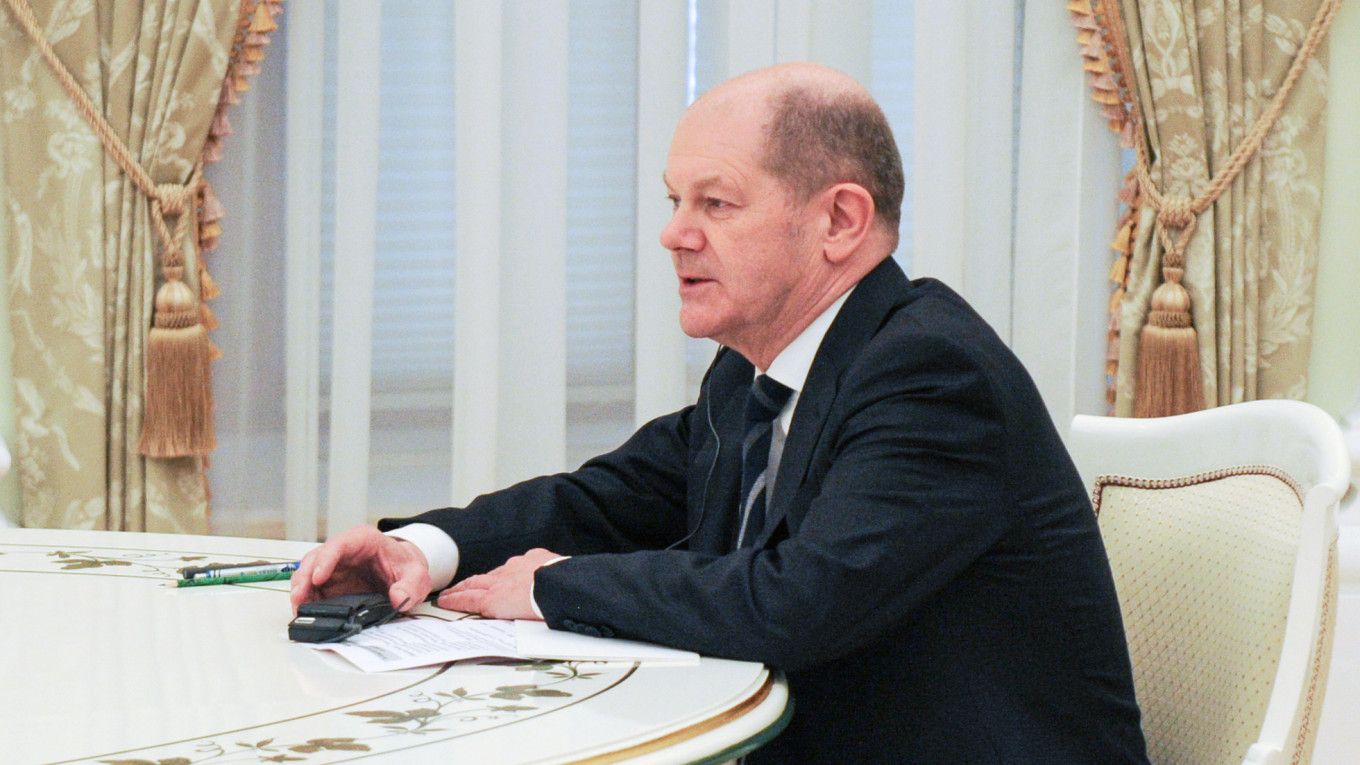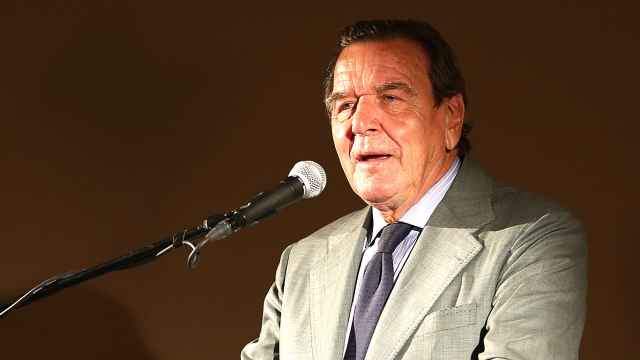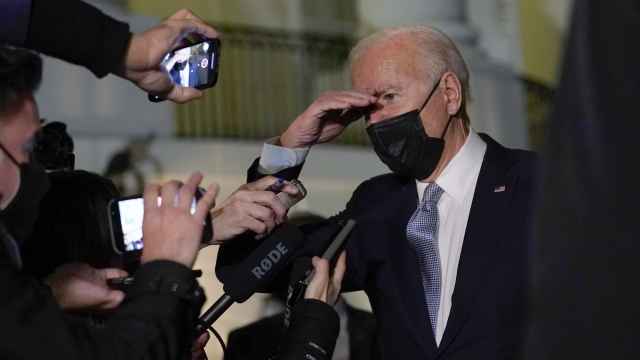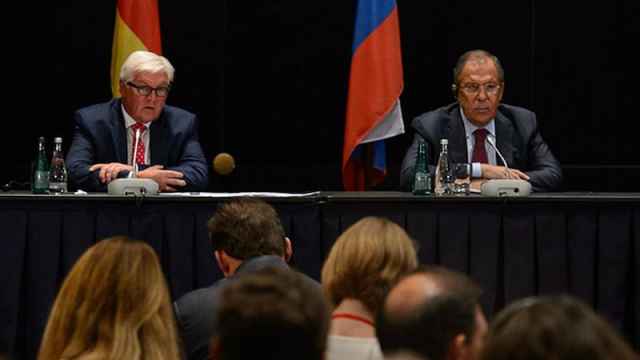Russian President Vladimir Putin on Tuesday said he was “ready” to work with the West on de-escalating tensions, the latest signal that the prospect of war with Ukraine could be receding.
The comments come hours after Russia announced it was beginning to pull back some of its 100,000 troops surrounding Ukraine’s borders following the end of military drills. Days earlier, the United States and its allies rang the alarm that Russia could invade Ukraine at any moment, with several countries ordering citizens to leave and evacuating their Kyiv embassies.
"We are ready to work further together. We are ready to go down the negotiations track," Putin said following talks with German Chancellor Olaf Scholz in Moscow.
"Of course" Russia doesn't want war, Putin said. But it "cannot turn a blind eye" to how Washington and NATO "freely interpret" the principle of the indivisibility of security — that no country should strengthen its security at the expense of others.
Speaking at a joint press conference with Scholz, Putin also said the talks with the new German leader were "businesslike" and that Scholz intended to pursue pragmatic bilateral ties with Moscow.
Speaking of the prospects to continue dialogue between Russia and the West, Scholz told reporters "I expressly agree that the diplomatic options are far from exhausted."
He added that Russia's withdrawal of some troops is "a good sign," saying "we hope that more follow."
Scholz's meeting with Putin came after he met with Ukrainian President Volodymyr Zelenskiy in Kyiv the previous day.
"For Europeans it is clear that lasting security cannot be achieved against Russia but only with Russia," he told reporters.
On Monday, Russia's Foreign Minister Sergei Lavrov advised Putin to keep dialogue open with the West in a carefully choreographed meeting, while Defense Minister Sergei Shoigu said Russia would soon start withdrawing "some" of its troops to their bases.
Russia has repeatedly denied planning to invade its pro-Western neighbor, saying it has the right to move troops around within its own borders.
But it has also accused the U.S. and NATO of threatening its security by expanding into eastern Europe and demands binding guarantees that Ukraine will never join the Western military alliance.
The U.S. and NATO flatly rejected this demand in formal responses to Moscow in January.
Putin said that although the U.S. and NATO responses to Moscow's security demands "didn't answer Russia's concerns," they "contained ideas that we are not against discussing."
He nonetheless stressed that "we want to solve the problem [of Ukraine's future NATO membership] now. If we wait, it might be too late."
Earlier Tuesday, Russian lawmakers passed a nonbinding resolution urging Putin to formally recognize the pro-Russian separatist republics of eastern Ukraine, which have been at war since Kyiv since 2014. Recognizing the republics would deal a heavy blow to Minsk II, the tenuous ceasefire agreement reached in 2015.
"We will do everything to solve the problem in Donbas but we will do this first of all based on the unrealized possibilities of the Minsk agreements," Putin told reporters, appearing to distance himself from the lawmakers' resolution.
AFP contributed reporting.
A Message from The Moscow Times:
Dear readers,
We are facing unprecedented challenges. Russia's Prosecutor General's Office has designated The Moscow Times as an "undesirable" organization, criminalizing our work and putting our staff at risk of prosecution. This follows our earlier unjust labeling as a "foreign agent."
These actions are direct attempts to silence independent journalism in Russia. The authorities claim our work "discredits the decisions of the Russian leadership." We see things differently: we strive to provide accurate, unbiased reporting on Russia.
We, the journalists of The Moscow Times, refuse to be silenced. But to continue our work, we need your help.
Your support, no matter how small, makes a world of difference. If you can, please support us monthly starting from just $2. It's quick to set up, and every contribution makes a significant impact.
By supporting The Moscow Times, you're defending open, independent journalism in the face of repression. Thank you for standing with us.
Remind me later.






